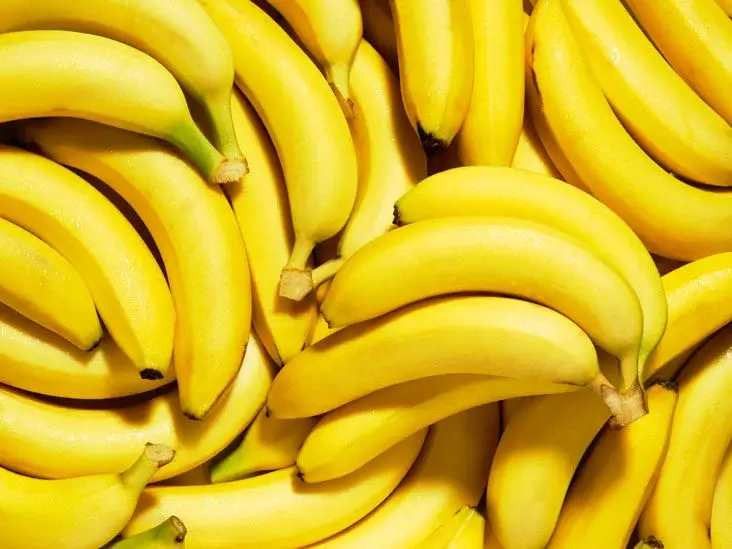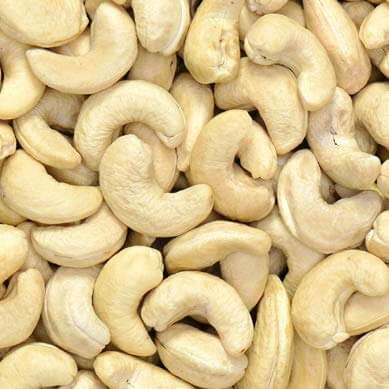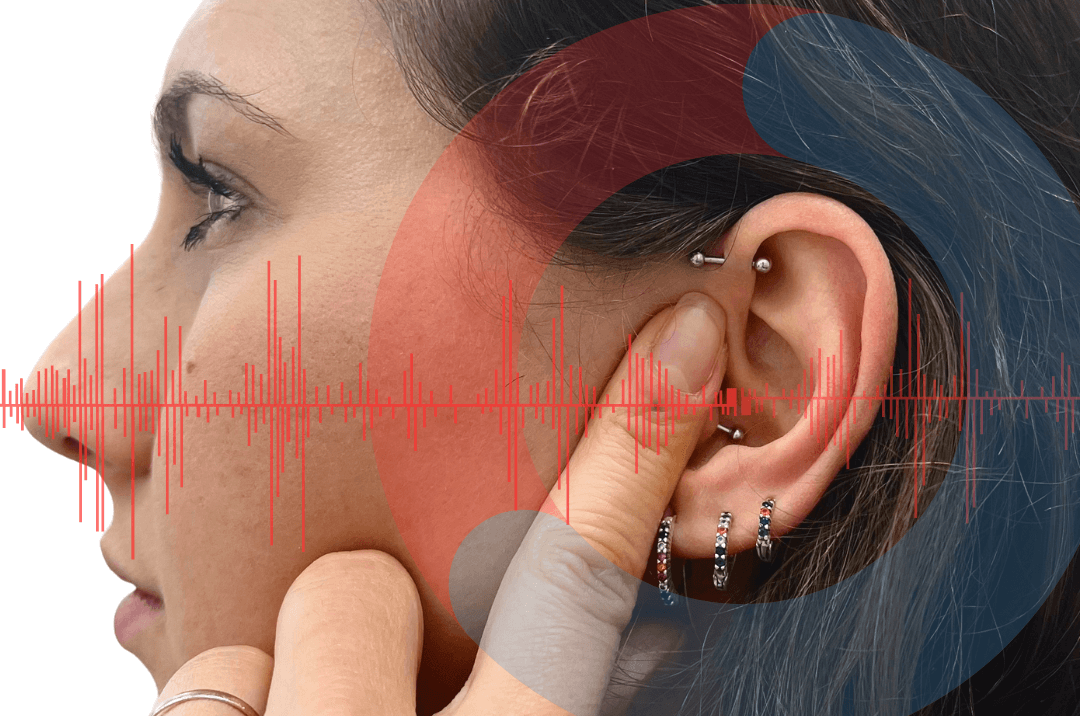
What Is Diplacusis?
Diplacusis is a rare hearing disorder in which a single sound is perceived differently by each ear. Instead of hearing
Vitamins and minerals play such an important role in keeping your body healthy so it goes without saying that we need to be eating foods which are rich in them. We all know that calcium strengthens our bones and iron helps to make red blood cells. It is much less well known which minerals we need to be consuming to keep your hearing health protected. We’re here today to help you make good food choices for your hearing healthcare…

Potassium can regulate the fluid in your inner ear. As we age, these fluid levels drop which can lead to age-related hearing loss. The more potassium we have in our diet, the better for our inner ear fluid. Potassium is found in lot of foods such as potatoes, bananas, oranges, melons, yoghurt, spinach, tomatoes, raisins, low-fat milk, apricots and lima beans.

It is widely known that pregnant women are encouraged to take folic acid supplements at the beginning of their pregnancy. However, we all need folic acid in our diets to help the body generate healthy red blood cells. Having healthy red blood cells contributes to the overall health of the hair cells in your ears. Broccoli, spinach, asparagus, liver and fortified breakfast cereals contain folic acid.

Trials have been completed in the past where participants were treated with magnesium (alongside vitamins A, C and E) and then exposed to high levels of noise. The researchers believe that the magnesium acted as a barrier to hair cells in the inner ear. We’ve spoken so often about the importance of protecting our ears from loud noise so that we do not experience any noise-induced hearing loss. It has been proven that magnesium can help so add some to your diet (particularly on days where you know you’ll be exposed to a high level of noise). Magnesium is found in broccoli, spinach, potatoes, bananas and artichokes.

Zinc aids in healing wounds and increasing cell growth. Having zinc in your diet could potential help to ward off any ear infections. Beef, pork, cashew nuts, peanuts, almonds, split peas, beans, oysters, lentils, and dark chocolate contain zinc. It is important to note that if you chose to take zinc as a supplement, you must consult your GP first as it can affect any antibiotics or diuretics.

Omega 3 fatty acids are celebrated for their anti-inflammatory and anti-ageing properties. Research has now found that they could also potentially reduce the risk of hearing loss. Omega 3s help with your brain function, including sending signals between your brain and ears more effectively. Omega 3s are found in oily fish such as salmon and sardines, as well as in krill oil, flaxseed oil and soybean oil.
Most people who enjoy a balanced diet get all of the vitamins and minerals they need but it does not hurt to check our lists and up the amount of these foods that you eat! If you think you may already be experiencing hearing loss, it’s important to seek the assistance of a hearing healthcare professional.
[html_block id=”3745″]

Diplacusis is a rare hearing disorder in which a single sound is perceived differently by each ear. Instead of hearing

Whether you have children in your life or not, we’re willing to bet you’ve heard of Peppa Pig and her

Tinnitus is the perception of sound when there is no external source. It is commonly described as a ringing in